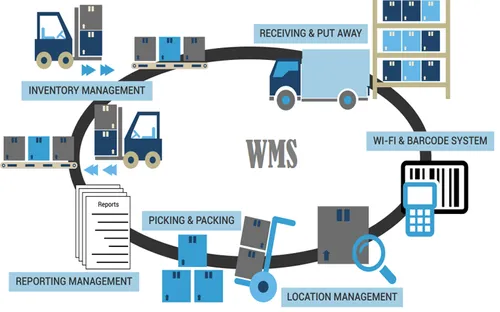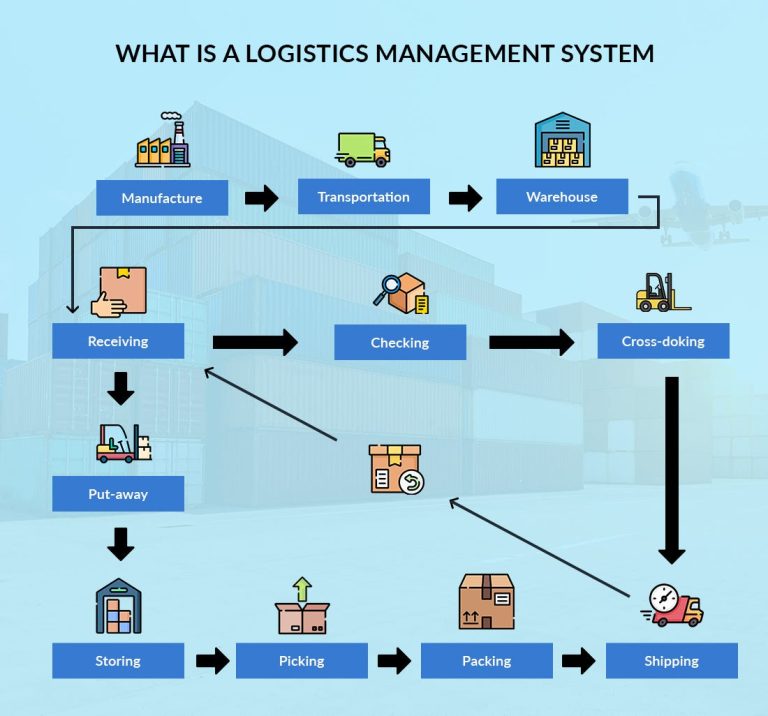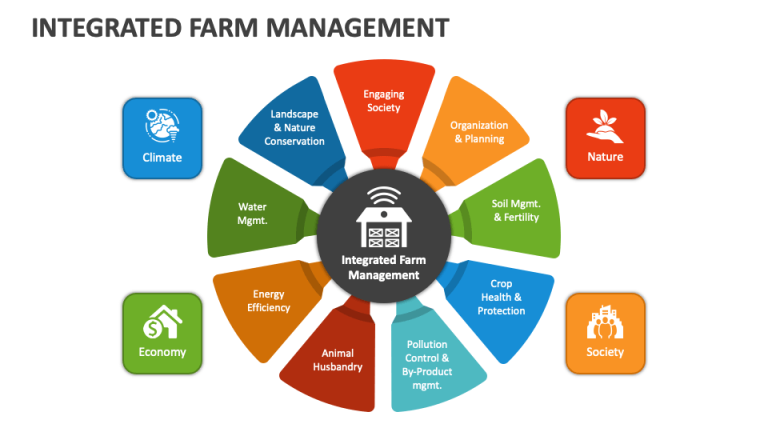Training in Qualitative Data Management, Analysis & Interpretation Training with NVivo

About The Course
Course Description
Many researchers nowadays collect data through a mixed methods approach. Consequently, our world is exploding with data – text from interviews and FGDs transcripts, videos, social media and more. Making sense of it without the right research tools is like looking for a needle in a haystack. Qualitative data analysis is that process of bringing order, structure and meaning to the mass of collected data. If you are planning to conduct KIIs, IDIs or FGDs during your data collection, do participant observation or collect policy papers, press releases or internet data from online surveys, soon or later you will have volumes of data and field notes for analysis.
This course aims to provide participants with the strategic understanding and applied skills in planning, conducting, and analyzing, reporting findings from qualitative research. At the end of the course, participants will be able to plan, conduct, and critically assess the quality of the qualitative data gathered during their data collection process. Participants will also learn how to use NVivo 12 in Qualitative Data Analysis.
Target Audience
This course targets research scientist and practitioners with basic knowledge in qualitative research but keen on updating their skills and competence in qualitative data analysis. Beginners as well as specialists in the fields of Social Sciences, Anthropology, Sociology, Community Development, Project Management, Monitoring and Evaluation, Market Research, Agriculture, Economics, Food Security and Livelihoods, Nutrition, Education, Clinical Medicine, Public Health, Health Economics, Epidemiology, Demography, Population Studies and anyone with an interest in qualitative research will benefit immensely from undertaking the course.
Course Objectives
By the end of this program, participants should be able to:
- Understand the fundamentals of qualitative research
- Understand qualitative data collection and analysis methods
- Set up a project in NVivo and explore the function of NVivo
- Create, import and work with codes and nodes in NVivo
- Undertake deductive and inductive qualitative data coding using NVivo
- Manage all project materials conveniently in one project file.
- Deliver quality outputs backed by a transparent discovery and analysis process
- Justify decision making with sound findings and evidence-based recommendations
- Revisit data easily, build up the big picture perspective
- Write a qualitative research report
Training Methodology
The course is designed to be highly interactive, challenging and stimulating. It will be an instructor led training and will be delivered using a blended learning approach comprising of presentations, discussions, guided sessions of practical exercise, web based tutorials, group work and exploration of relevant issues. Our facilitators are seasoned industry experts with years of experience, working as professional and trainers in these fields. All facilitation and course materials will be offered in English.
Course Content
Foundations of Qualitative Research and Qualitative Data Analysis
- Qualitative versus quantitative research
- Concepts in designing qualitative research
- Qualitative research designs
- Data collection methods in qualitative research
- History of qualitative data analysis
- Approaches in qualitative data analysis
- Principles, features and types of qualitative data analysis
- Strategies for analyzing observations
- Steps in qualitative data analysis
Introducing NVivo’s Interface
- Introduction to NVivo
- Setting up a project in NVivo
- Creating and navigating around a project
- Merging, importing and exporting projects
- Managing projects and working with different data sources
Approaches to Coding Data
- Strategies in coding qualitative data
- Descriptive, interpretive, pattern codes
- Developing a Codebook
Coding Documents and Materials in NVivo
- Importing documents including PDFs
- Creating and working with nodes
- Nodes and source classification
- Codes and Coding
Working with Internet and Media Sources in NVivo
- Importing image and media sources
- Importing datasets and web data including social media
Seeking Patterns: Working with Themes and Ideas and Shaping the Findings
- Techniques of seeking patterns
- Viewing emerging themes, topics or ideas
- Classifying your materials into themes
- Moving, merging and aggregating themes, topics or ideas
Data Reduction, Organization and Interpretation
- Reflective (Memoing) tools
- Notes, summaries and comments
- Queries for textual analysis
- Queries for exploring coding
- Graphic displays: types and purposes
Qualitative Analysis Results Interpretation
- Comparing analysis results with research questions
- Summarizing finding under major categories
- Drawing conclusions and lessons learned
Sharing Your Materials and Findings
- Exporting text, images and media
- Exporting to Spreadsheet
Exporting Data from NVivo to Statistical Packages
- Editing in MS Excel
- Checking data transfer
Qualitative Report Writing
- Moving beyond quotes citation
- Running Reports and Extracts
- Writing a qualitative research report
- Format and focus of the qualitative report
- Reporting qualitative research
- Standard report format
Requirements: Participants should be reasonably proficient in English. Applicants must live up to Phoenix Center for Policy, Research and Training admission criteria.
NOTE
- Discounts: Organizations sponsoring Four Participants will have the 5th attend Free
- What is catered for by the Course Fees: Fees caters for all requirements for the training – Learning materials, Lunches, Teas, Snacks and Certification. All participants will additionally cater for their travel and accommodation expenses, visa application, insurance, and other personal expenses.
- Certificate Awarded: Participants are awarded Certificates of Participation at the end of the training.
- The program content shown here is for guidance purposes only. Our continuous course improvement process may lead to changes in topics and course structure.
- Approval of Course: Our Programs are NITA Participating organizations can therefore claim reimbursement on fee paid in accordance with NITA Rules.
How to Book: Simply send an email to the Training Officer on training@phoenixtrainingcenter.com and we will send you a registration form. We advise you to book early to avoid missing a seat to this training.
Or call us on: +254720272325 / +254737566961
Payment Options: We provide 3 payment options, choose one for your convenience, and kindly make payments at least 5 days before the Training start date in order to reserve your seat:
- Groups of 5 People and Above – Cheque Payments to: Phoenix Center for Policy, Research and Training Limited should be paid in advance, 5 days to the training.
- Invoice: We can send a bill directly to you or your company.
- Deposit directly into Bank Account (Account details provided upon request)
Cancellation Policy
- Payment for all courses includes a registration fee, which is non-refundable, and equals 15% of the total sum of the course fee.
- Participants may cancel attendance 14 days or more prior to the training commencement date.
- No refunds will be made 14 days or less to the training commencement date. However, participants who are unable to attend may opt to attend a similar training at a later date or send a substitute participant provided the participation criteria have been met.
Tailor Made Courses
This training course can also be customized for your institution upon request to a minimum of 5 participants. You can have it delivered at our Training Centre or at a convenient location.
For further inquiries, please contact us on Tel: +254720272325 / +254737566961 or Email training@phoenixtrainingcenter.com
Accommodation: Accommodation is arranged upon request and at extra cost. For reservations contact the Training Officer on Email: training@phoenixtrainingcenter.com or on Tel: +254720272325 / +254737566961
Start To Learn
5 Days
Certificate
Course Duration
Course Price
Training Calendar
2024 Training Calendar | |||
Start Date | End Date | Location | Register |
| 8-Apr-2024 | 12-Apr-2024 | Nairobi | https://t.ly/bVUBm |
| 22-Apr-2024 | 26-Apr-2024 | Nairobi | https://t.ly/bVUBm |
| 6-May-2024 | 10-May-2024 | Nairobi | https://t.ly/bVUBm |
| 20-May-2024 | 24-May-2024 | Nairobi | https://t.ly/bVUBm |
| 3-Jun-2024 | 7-Jun-2024 | Nairobi | https://t.ly/bVUBm |
| 17-Jun-2024 | 21-Jun-2024 | Nairobi | https://t.ly/bVUBm |
| 1-Jul-2024 | 5-Jul-2024 | Nairobi | https://t.ly/bVUBm |
| 15-Jul-2024 | 19-Jul-2024 | Nairobi | https://t.ly/bVUBm |
| 29-Jul-2024 | 2-Aug-2024 | Nairobi | https://t.ly/bVUBm |
| 12-Aug-2024 | 16-Aug-2024 | Nairobi | https://t.ly/bVUBm |
| 26-Aug-2024 | 30-Aug-2024 | Nairobi | https://t.ly/bVUBm |
| 9-Sep-2024 | 13-Sep-2024 | Nairobi | https://t.ly/bVUBm |
| 23-Sep-2024 | 27-Sep-2024 | Nairobi | https://t.ly/bVUBm |
| 7-Oct-2024 | 11-Oct-2024 | Nairobi | https://t.ly/bVUBm |
| 21-Oct-2024 | 25-Oct-2024 | Nairobi | https://t.ly/bVUBm |
| 4-Nov-2024 | 8-Nov-2024 | Nairobi | https://t.ly/bVUBm |
| 18-Nov-2024 | 22-Nov-2024 | Nairobi | https://t.ly/bVUBm |
| 2-Dec-2024 | 6-Dec-2024 | Nairobi | https://t.ly/bVUBm |
| 9-Dec-2024 | 13-Dec-2024 | Nairobi | https://t.ly/bVUBm |
| 16-Dec-2024 | 20-Dec-2024 | Nairobi | https://t.ly/bVUBm |





No comment yet, add your voice below!